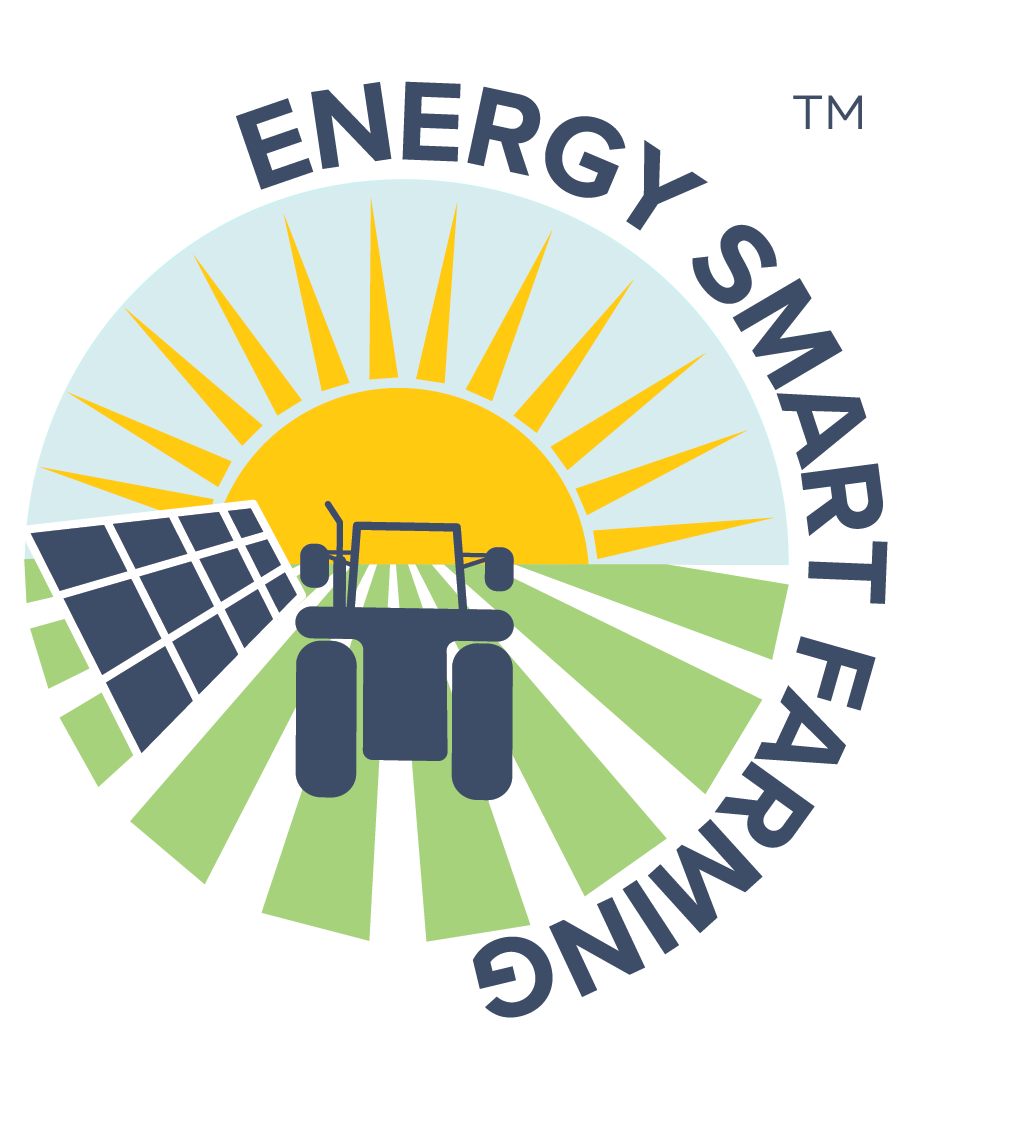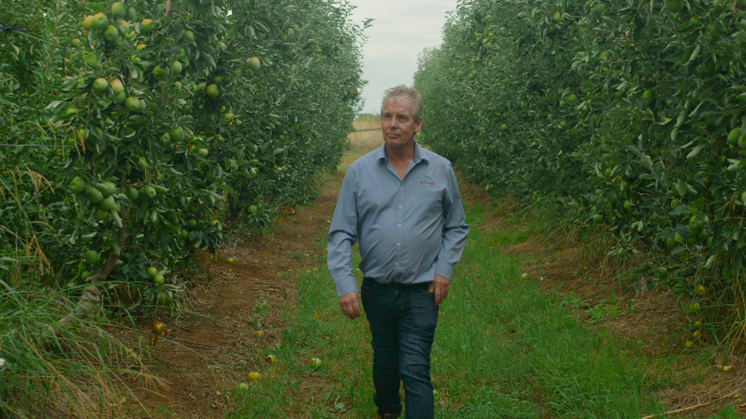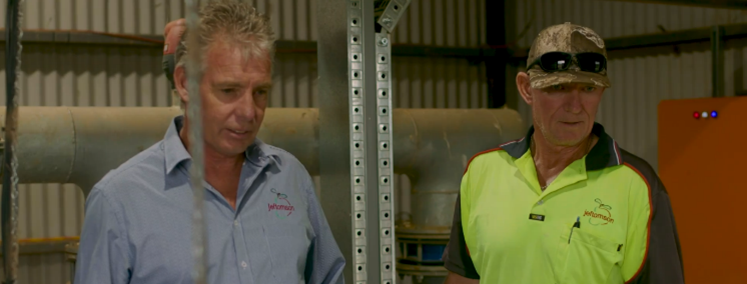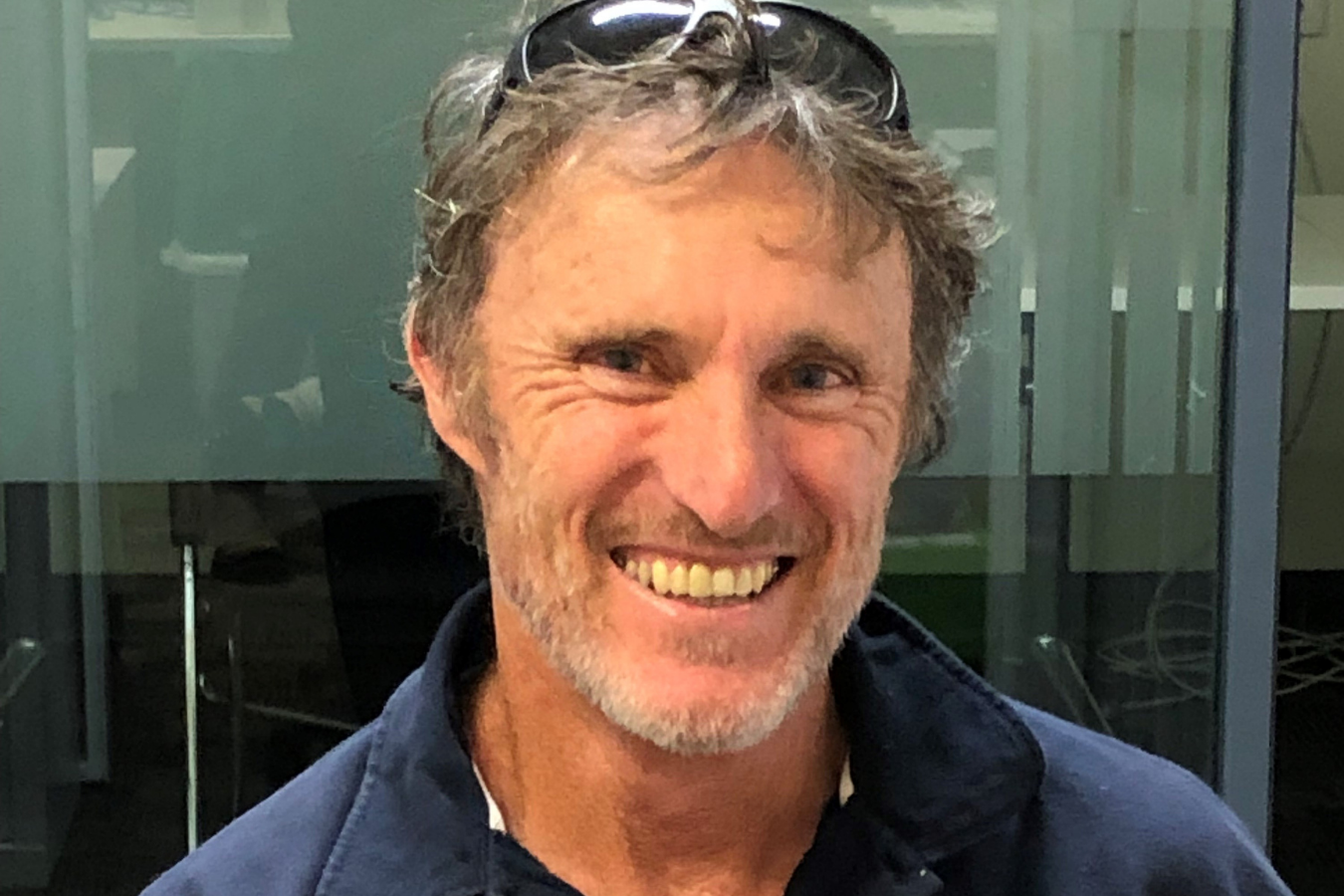Transcript – Victorian Energy Upgrades Program – G.T. Orchards‘
Through participation in the Victorian Energy Upgrades (VEU) Program, G.T. Orchards is expected to recoup around 20% of the cost of upgrading the irrigation pumps, which could reduce the project payback period by around 2 or 3 years, depending on the market value of Victorian Energy Efficiency Certificates (VEECs) when sold.
G.T. Orchards upgraded four 30kW irrigation pumps to higher efficiency pumps with VSD motors. These upgrades are expected to increase the overall system efficiency by 20%, with estimated energy savings of 20,000 kWh per year.
Company: G.T. Orchards
Location: Tatura, VIC
Industry: Agriculture, Fruit Trees
Description: Upgrade four 30kW irrigation pumps
Project costs: over $50,000 (approx.)
Completed: 2022
BUSINESS SUMMARY
G.T. Orchards operates approximately 125 ha, growing apple, pear and stone fruit trees. The ageing irrigation system was a critical part of the farm’s operations and was running inefficiently. Assessing the need for an upgrade, G.T. Orchards engaged with the VEU program to recoup some of the project costs.
PROJECT SUMMARY
G.T. Orchards upgraded four 30kW irrigation pumps to higher efficiency pumps featuring motors with Variable Speed Drives (VSDs) that automatically maintain the discharge pressure as flow demands vary. Participation in the VEU program is predicted to produce over 200 VEECs[1] (Victorian Energy Efficiency Certificates).
Key outcomes from pump system upgrades
- 20 MWh of grid electricity saved per year, representing a 20% reduction in annual grid electricity consumption.
- 2 tCO2-e[2] saved annually (estimate based on VEU grid emission factor at the time of project implementation)
- Close to $4,500 saved in reduced annual electricity costs.
- Recouped costs in the order of $10,000 from the one-off sale of VEECs produced.
Other project benefits
Replacing the ageing irrigation system with a more efficient and easier to control system has made management of irrigation plans more streamlined, saving significant time.
HOW THE PROCESS WORKS
G.T. Orchards identified a need for upgrades to the irrigation system and looked into the VEU program as a way to recoup some costs.
“We reached out to an Accredited Person to help make sure that we were eligible for the project. We then started looking into the project a month or two beforehand, and then gave some data to the AP and got some quotes for the upgrades.” – General Orchard Manager, G.T. Orchards
Measurement and verification (M&V)
The Accredited Person (AP)
To participate in the VEU program, an AP is engaged by the farmer, typically for no upfront cost[3]. The AP guides the farmer through the process, based on data provided by the farmer and calculating the energy savings required to produce VEECs.
M&V Plan
To enable the eventual production of VEECs, a measurement and verification (M&V) process is used to calculate the energy savings associated with the project’s implementation.
First, the site’s typical energy consumption patterns under business-as-usual operation must be determined, which is called the baseline energy consumption of the farm. The AP requests various data records of variables that impact on-farm energy consumption.
G.T. Orchards provided 12 months’ of data for water and electricity consumption[4] on the farm. From this data a satisfactory baseline was developed such that the M&V method could be utilised, and the AP could then apply for pre-approval to participate in the VEU program.
“Having good data available is key to the success of these VEU projects.” –Essential Services Commission
Key considerations
Being able to provide good quality, validated data will maximise the number of VEECs you can generate using the M&V method under the VEU program. Working with the AP may require anywhere from 5-15 hours of your time as the AP carefully guides you through the VEU’s paperwork and submission requirements, however, the time invested can produce significant financial returns.
“The data that I collected was a 12-month window. It’s been a beneficial process that hasn’t required too much of my time.” –General Manager, G.T. Orchards
For some projects it might be necessary to install sub-metering to measure energy consumption before and after project implementation, however for this project site-level data was appropriate.
It is critical that the AP develops the farm’s baseline energy consumption and has their M&V Plan approved by the Essential Services Commission (ESC[5]) before picking up any tools or purchasing any equipment. If the project commences before approval to participate in the VEU program, the project is automatically ineligible.
CHALLENGES AND LESSONS LEARNT
Involving the AP in the process as early as possible ensures they can explain the process for participating in the VEU program and let you know what is needed along the way. One of the challenges in agriculture is understanding annual growth cycles and farming activities sufficiently well to estimate efficiency gains over a baseline.
This can be particularly difficult when it comes to irrigation. It is important to have sufficient water volume data that can be aligned with electrical consumption data. Irrigation projects at other farms have been ineligible to participate in the VEU program because there was insufficient water volume data (for example, one farm only recorded water use from a bore for the entire irrigating season, which was insufficient). It is recommended that, at minimum, monthly readings of water volumes are taken.
Through regular communication with the AP, a suitable energy model and energy baseline was determined from the monthly water and electricity consumption data, allowing the project to generate VEECs.
[1] VEECs are sold by an Accredited Person on behalf of the farmer to recoup some of the costs of the project.
[2] tonnes of carbon dioxide equivalent.
[3] Similar to other brokerage services, APs often do not require up-front payment, and instead take a pre-determined portion of the VEEC sale price. However, APs can also offer different commercial arrangements.
[4] Electrical interval data can be requested from your retailer or your local network provider, and the AP can guide you through this process.
[5] The ESC decides whether or not a project is eligible to participate in the VEU program, and APs deal directly with the ESC on behalf of the farmer.
MORE INFORMATION
How does the VEU program work? https://extensionaus.com.au/energysmartfarming/veu-process/
List of APs: https://www.veu-registry.vic.gov.au/Public/Participants2.aspx
Agriculture Victoria website: https://agriculture.vic.gov.au/farm-management/energy-on-farm
VEU Website: https://www.esc.vic.gov.au/victorian-energy-upgrades-program




